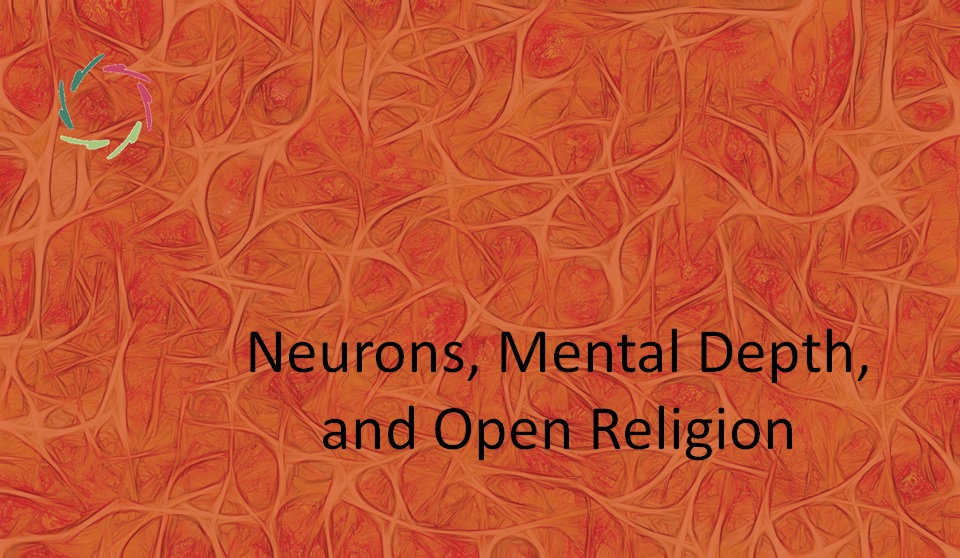The Real God

Yes, I know. But it’s time we get to religious adulthood, isn’t it? Even then, there’s a long way to go, so let’s start moving.
You don’t have to follow me if it makes you feel bad. Please follow yourself and enjoy the journey. I can only invite you. We might meet each other eventually.
What we may all agree upon
God Xself adheres to only one religion, at most.
Whatever people may say about this religion is humanly, not Godly. Even if God transmits the message through humans, the result of the transmission is humanly. What cannot be understood this way cannot be understood this way.
What we might all agree upon
Any religion is a way of trying to comprehend or experience something that transcends the usual. The sacred transcends the profane.
This transcendence continues within the sacred itself.
On our path nearer to God, we are like a droplet on its way to the sun. This is very interesting but also very challenging and transforming.
What we should all agree upon
Different religions are different ways of trying to deal with the above.
Of course, the religions are different when far away from the sun. Their format may be very diverse. Still, they have the same aim, even if the transcendence that lies ahead still obscures the purpose. We may know in heart and mind that it’s the same.
What we do all agree upon
However diverse religions may be, God Xself transcends the diversity. It would be sheer human hubris to doubt this.
No droplet has ever traveled to the sun and returned to tell us about it. Many may have reached the sky; a few may have gone a bit further.
Still, one can imagine.
Conclusion
Religiosity transcends religions.
Principally, one doesn’t even need a religion to be religious. One doesn’t need to use the God-word in any way. What is sure is that God doesn’t care so much — even if you call yourself an atheist. The latter makes God patiently smile — and agree, if only the atheism is felt profoundly.
A religion is an instrument, a vehicle, a means of transportation. It is not the aim. It can help you if you are not glued to it. But it’s ridiculous to be glued to the car as if the car is the destination. God doesn’t fit in a car. Therefore, in the vehicle, you will never meet God, only a temporary projection.
Eventually, you will have to let go.
The car may still be helpful.
But for God’s sake, please don’t crash into other cars. Religions are not made to fight each other but to help someone – or many – on the way to religiosity.
Religiosity brings diverse people together in a final transcendence of itself, even if this is just a far-away ideal. If that is not the explicit aim of some religion, then it should be eliminated.
Meanwhile, the droplet.
It never vanished.
It transformed.


